#YISHREADS May 2024
By Ng Yi-Sheng / @yishkabob
I’ve been teaching creative non-fiction for over a decade now, first at NTU, then at Yale-NUS, and one thing I’ve struggled with is the extreme Americentrism of the genre—how do you tell a bunch of kids in Singapore that this is a liberating, age-old way to validate their experiences when the greats of the genre all seem to be MFA graduates in the USA?
Which is why I’ve been surveying Southeast Asian literature for provocative works of non-fic. Below is a sample of my recent readings—not all of them useful for teaching, but each one indicative of the mutations of the genre when it comes to encounters with this region, whether from the pens of 1930s European archaeologists, 1960s Filipino crime journalists or 21st century queer Singaporean emigrants.
(Sure, the selection’s diverse, but not that diverse. Weird coincidence that three of them involve authors based in Canada!)
Dinner on Monster Island: Essays, by Tania De Rozario
Harper Perennial, 2024
Tania’s one of Singapore’s most iconic queer writers, known for her poetry collection Tender Delirium and her poetic memoir And The Walls Come Crumbling Down. In the latter publication, she famously shared some of her traumatic life story, e.g. her childhood exorcism by her fundamentalist Christian mother as a kid, with worshippers trying to cast the demon of lesbianism out of her, thus triggering her to spend her teen years tactically preparing for the moment she'd move out, never to contact her mother again.
These essays cover some of the same ground, but with two big differences. First, she really leans into her love of horror media, relating events in her life to those of The Exorcist, Carrie, The Shining, Dr Sleep, The Craft, The Ring—even the title's a reference to a level of a childhood video game, Zombies Ate My Neighbours. Great, compelling stuff—she even re-examines our local horror tropes, e.g. that famous incident in 2001 when a lesbian couple committed suicide in red—she not only mourns them but takes refuge in their rage that transcends death.[i]
Second, there's a sharpness, a ruthlessness to these pieces that wasn't quite there before. She's naming names (though not all), being extra-precise with her recollections of cruelty, and explaining for her North American readers just how fucked up our national policies are—the fatphobia of the TAF Club, the homophobia of Penguingate,[ii] the racism of the K. Muthusamy incident and its aftermath,[iii] the general fact that our citizens vindictively perform a lot of the policing for the state.
Re: the discovery that her former student has been sentenced 20 years for selling drugs to friends, and that netizens are happy to blame him—"Singapore is no longer my home," she says, "and perhaps never was." She's done with this monster island. The whole book's a breakup letter to the nation, which she's abandoning, just like her abusive mother.
And yet, and yet... as in many lesbian breakups, a relationship endures. Her epigraphs aren't from the great gay authors of her newfound home in Canada, but from Cyril Wong, Alfian Sa'at, Joel Tan, Pooja Nansi, Michaela Therese. Plus, don't forget that she took the trouble to organise an online book launch for Singapore. She loves the communities here who've always had her back, who've articulated our horribleness many times over, and honours them—rather more than, say, the US-Canadian sci-fi writer William Gibson, whose "Disneyland with the Death Penalty" grows more problematic to her with each rereading.
So this is a goodbye... but what about the hello? It does feel like there's a subsequent book (or books) in store, describing Tania's immigrant experience in Canada. Looking forward to that. I wanna know more monster islands than just this one.
Reportage on Crime, by Quijano de Manila
National Bookstore, 1977
Hidden away in the National Library Reference Closed Stacks, between vanilla-scented covers, are thirteen pieces of literary journalism by none other than Philippine maestro Nick Joaquin, published between 1961 and 69. (He used a nom de plume for his newspaper work, hence the “Quijano de Manila” moniker.)
We've got a Great Gatsby-esque study of a teen murderer in "The Boy Who Wanted to Become "Society"", coverage of vaudeville theatre protection rackets in "Neither Grand Nor Opera", boxing match-fixing in "The One-Grand Fix", cases of police harassment in "The Doctora's Dilemma" and sex trafficking in "Flesh and the Devil" and slum tenant arson in "The Lodger"... even future President Joseph Estrada caught up in movie-star violence in "Gun Duel at LVN"!
The essays that really grab me, however, are "The House on Zapote Street", which full-on narrates the murder of Dr. Leonardo Quitangon by his father-in-law like a Gothic novel, and "A Prevalence of Witches; or The Exorcists—Filipino Style", which describes a folk magic ceremony that descends into full-on psychotic filicide. How can I pass up subjects like that?
Notes of Jorge Luis Borges' A Universal History of Iniquity, though Joaquin occasionally steps back and assumes a more journalistic voice, reminding us that he's been to the prison cells and scenes of the crime personally, or else rather moralistically urging his readership to take action to reform the city. But this is clearly literature, with pointed allusions to fiction, with clear craft at work in the storytelling—some of them actually predating Truman Capote’s In Cold Blood (1966). Small wonder that people wanted the essays to be preserved beyond their initial appearance in newsprint.
Forgotten Kingdoms in Sumatra, by FM Schnitger
Oxford University Press, 1989
First published in 1939, this was supposedly the most comprehensive text on Sumatran archaeology for decades. Yet it isn’t a 100% scholarly text: the author explains in his preface that it’s the result of his friends pestering him to write a popular book. “It is wonderful to wander through the jungle in the rain and sunshine, to laugh and play with primitive, friendly people… But it is terrible to write a book,” he complains. Same, though yikes at the racist paternalism.
While there are chunks of academic analysis here, e.g. comparing Nias culture to the Nagalanders and musing on the diffusion of animal iconography (which archaeologist John Miksic says, in his 1988 intro, is pretty much discredited), a lot of this is travel memoir. Schnitger has wonderful segments about telling kids in Jambi that snow is made of chickens’ feathers, of narrowly escaping a troop of elephants who gathered to dance in the ruins of Muara Takus by night (it’s said that one of the old kings turned into an elephant, hence the intimate connection), of a battle of wits with a Raja in Padang Lawas who wants to grab a newly excavated bronze plate (you’d think I’d sympathise more with the indigenous dude, but he casually states that whenever they find golden statues they just melt them down).
But he also spends a bunch of time recounting legends—three different origin stories for a Batak magic wand, all involving tropes of a pair of incestuous royal twins who get swallowed up by a tree, along with a buffalo, a snake and five magicians who try to rescue them (hence the seven faces and two animals on the wand). Violent histories: the horrifying brutality of the Padri wars under Tongku Tambuse (Islam may have come peacefully to island Southeast Asia, but Wahhabism sure as hell didn’t) and the sinister tales of Bhairava human sacrifice under the Queen of Panei, sculpted as a demoness at her temple at Pamutung.
Also colonial tales: the remarkable trek of the Portuguese merchant Thomas Dias to Minangkabau in 1684, and a very cringy eulogy to Raffles at the site of Bengkulu as the book’s closing chapter.
So yeah, it’s a white man’s perspective, but still a grab bag of fabulous lore and eminently readable. By the way, I can’t quite figure out Schnitger’s nationality: he’s got a German name, online sources say he was born in Malang and had a tiny bit of Chinese blood, Miksic says he wasn’t a Dutchman, and his bibliography includes stuff in Dutch, English and French.
Ru, by Kim Thúy
Translated by Sheila Fleischman
The Clerkenwell Press, 2012
I've a certain prejudice against books with pictures of faceless Asian women on their covers, but this is seriously good—a novelistic memoir by a former Vietnamese refugee, told in strange, tiny interlinked vignettes, scattered across different points in time.
We hear about her wealthy childhood in Saigon till it's transformed by war; a harrowing boat crossing to Malaysia and survival in the horrific squalor of a refugee camp; confusion and eventual prosperity in Canada where her family scrubbed toilets but gradually earned enough to live in mansions; returning to Vietnam in a professional capacity and witnessing its transformations and the strength of others who survived through collaboration with the new government and/or sex work... and also the bizarre lives of her family members, from an imperially charismatic but neglectful politician uncle to a mentally ill aunt who ran through alleyways buying street food with gold jewellery and sex, to her own autistic son who teaches her the true meaning of love and heartbreak. (Some ableism there, unfortunately.)
Short, too! Originally written in French, which may account for the nonlinear structure and the unabashedness about sex.
Methods Devour Themselves: A Conversation, by Benjanun Sriduangkaew and J. Moufawad-Paul
Zer0 Books, 2018
I’ve been curious about this book for a while: a collaboration between a Marxist philosopher and a speculative fiction author, consisting of three stories, each followed by an essay response re: capitalist dystopia, ideological abuses of history, necessity vs. freedom.
I'd originally thought the stories were written in dialogue too, which would've been even more bad-ass—but honestly, after reading pretty much only Sriduangkaew's novellas and Scalebright stories, this gives me a whole new appreciation of the complexity and originality of her worldbuilding visions. "We Are All Wasteland on the Inside" imagines a Bangkok that's experienced a reality collision with the Buddhist paradise of Himmaphan, resulting not in utopia but a drab urbanity where kinnarees and garudas just take up space on the Skytrain; "Khrungthep is an Onomatopoeia" takes place in a post-apocalyptic worldship where an AI orders a historian to discover the truth about a failed expedition to Earth from an augmented astronaut, also with strange garuda feet.
(I’m less wild about "That Rough-Hewn Sun", but that's kinda cos it's just a side story in the Mirrorstrike trilogy. Less original, i.e. less complex worldbuilding crammed into a few pages. Also, not Thai-themed, so it doesn't tick my interest box about how Southeast Asia's portrayed in SFF.)
Moufawad-Paul's essays, though sometimes a bit head-scratchy (why are we still talking about Hegel, dude?) also illuminate the dimensions of the stories themselves—compared to a regular collection of ten stories or more, I'm really thinking about each of these with more focus. What's also interesting is that, while acknowledging the urgency of revolutionary thinking for the marginalised and oppressed, he doesn't make much of Sriduangkaew's specific marginalisations—female, lesbian, living outside the West—which she takes pains to portray through her characters (not a single male of substance among them!). Which is refreshing in an age of identity politics: part of taking us seriously involves dropping tokenism, assuming ourselves as the centre.
By the way, the collection's inspired by what Moufawad-Paul saw as a rather weaksauce attempt by Quentin Meillassoux to make grand statements about sci-fi after only reading Isaac Asimov! Methinks we should have more books motivated by scorn.
Endnotes
[i] “Suicide and open verdicts on deaths of lesbian couple.” Fridae, 17 July 2001. https://www.fridae.asia/gay-news/2001/07/17/166.suicide-and-open-verdicts-on-deaths-of-lesbian-couple
[ii] Information on PenguinGate at “NLB Saga”, The Singapore LGBT Encyclopedia Wiki. https://the-singapore-lgbt-encyclopaedia.fandom.com/wiki/NLB_saga
[iii] Bhavan Jaipragas, “Singapore’s ‘brownface’ saga sparks debate on race as Preetipls rap video condemned.” South China Morning Post, 31 July 2019. https://www.scmp.com/week-asia/society/article/3020844/singapores-brownface-saga-sparks-debate-race
Ng Yi-Sheng (he/him) is a Singaporean writer, researcher and LGBT+ activist. His books include the short-story collection Lion City and the poetry collection last boy (both winners of the Singapore Literature Prize), the non-fiction work SQ21: Singapore Queers in the 21st Century, the spoken word collection Loud Poems for a Very Obliging Audience, and the performance lecture compilation Black Waters, Pink Sands. He recently edited A Mosque in the Jungle: Classic Ghost Stories by Othman Wok and EXHALE: an Anthology of Queer Singapore Voices. Check out his website at ngyisheng.com.
If you’ve enjoyed reading this article, please consider making a donation. Your donation goes towards paying our contributors and a modest stipend to our editors. Singapore Unbound is powered by volunteers, and we depend on individual supporters. To maintain our independence, we do not seek or accept direct funding from any government.






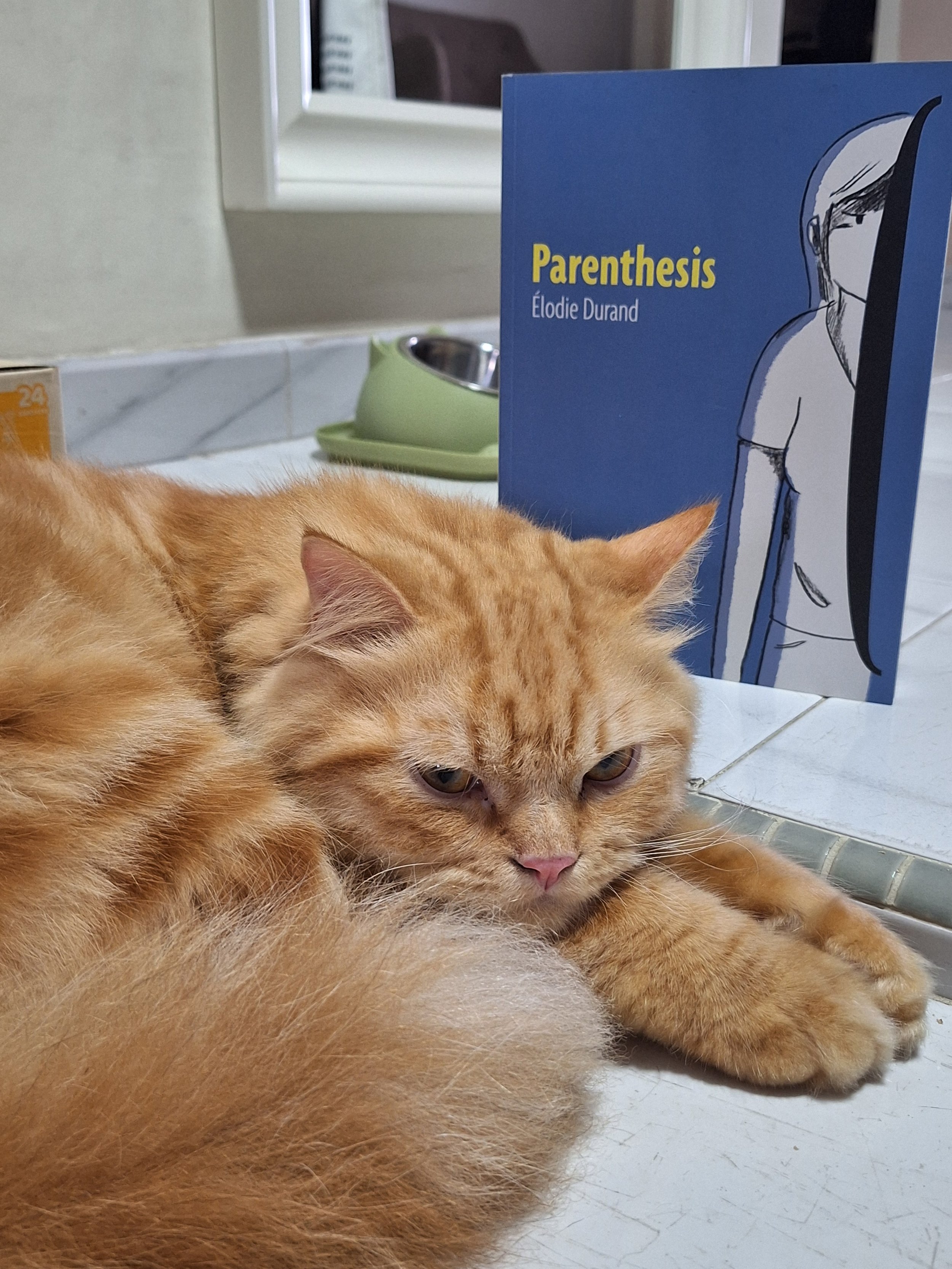
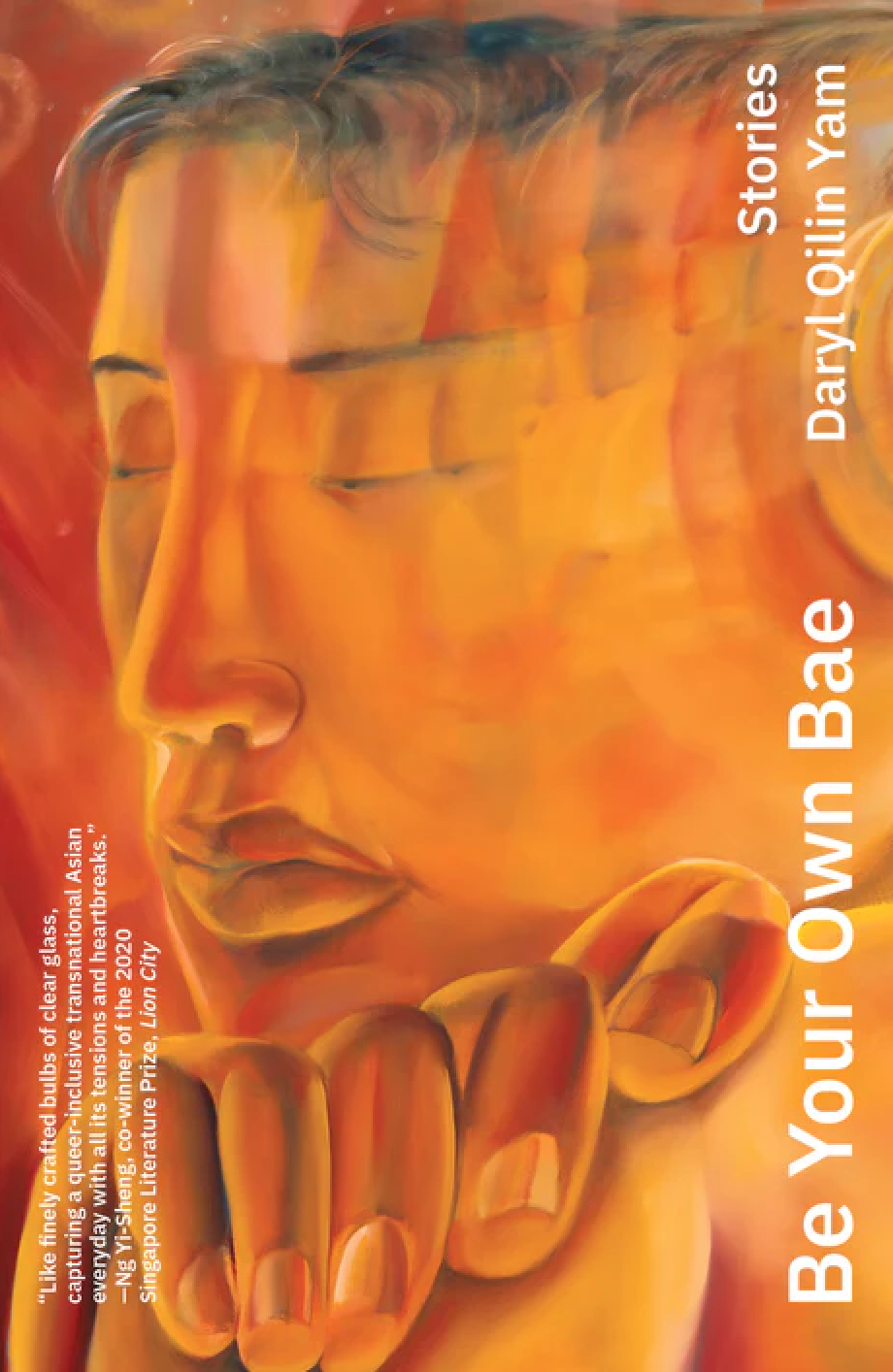
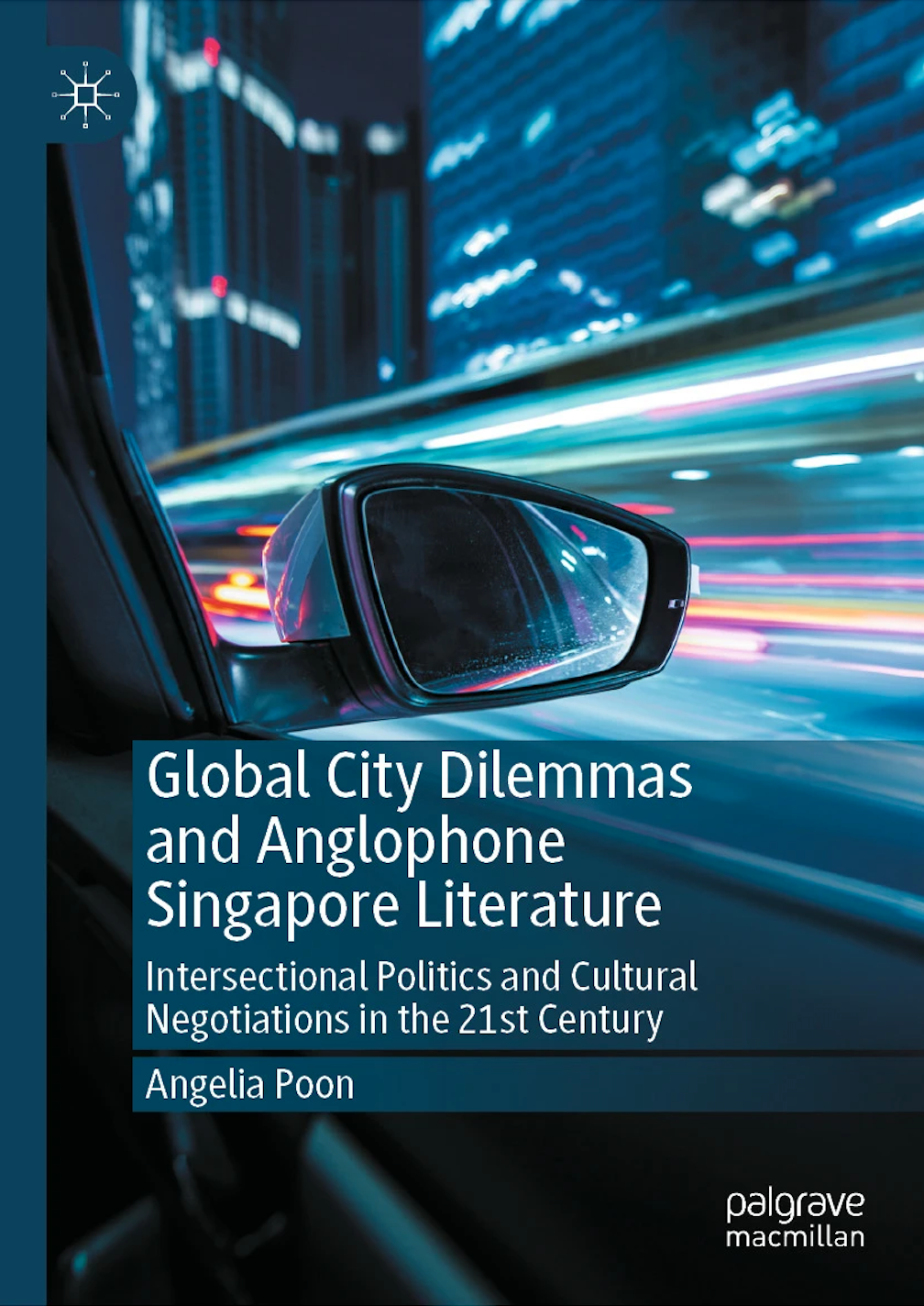
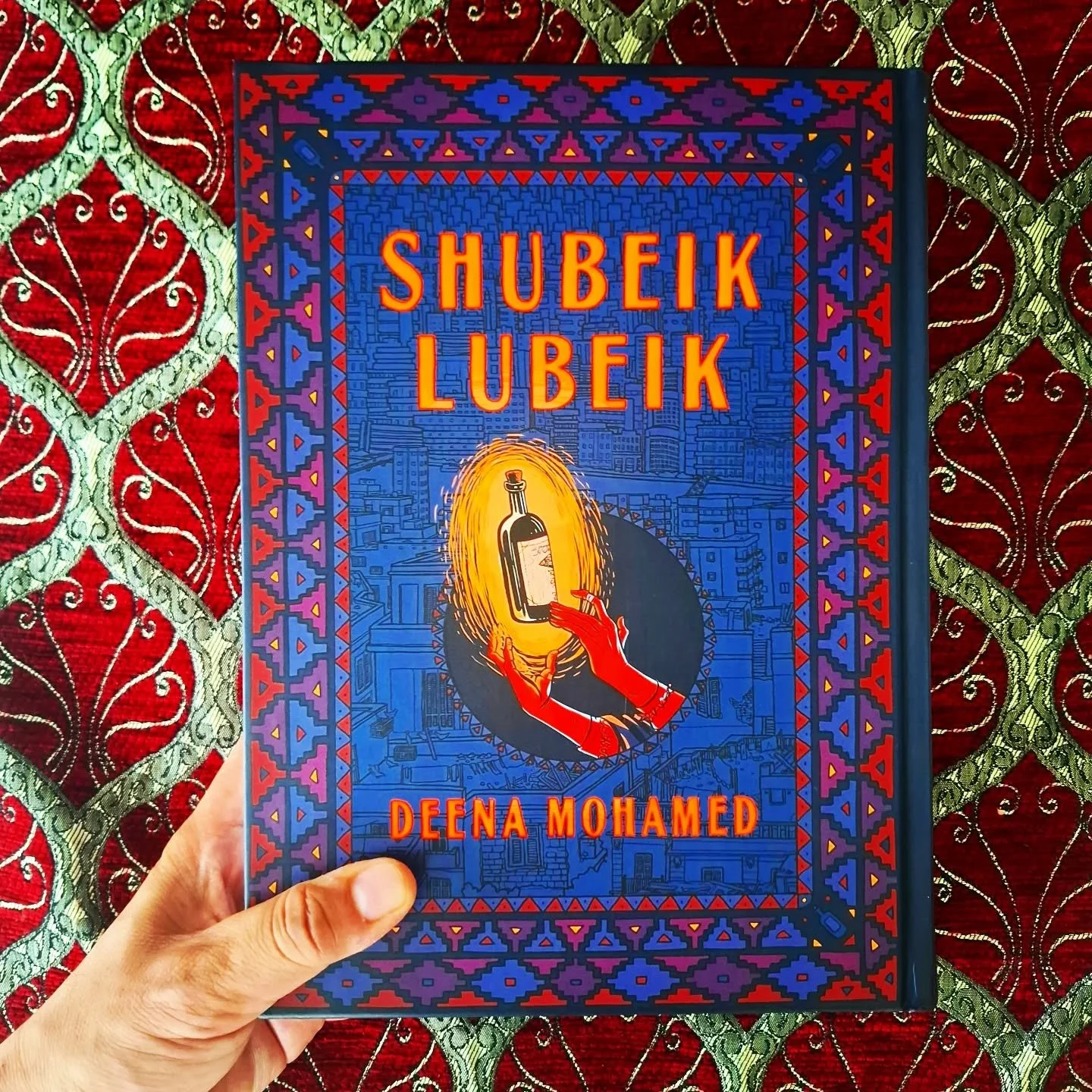



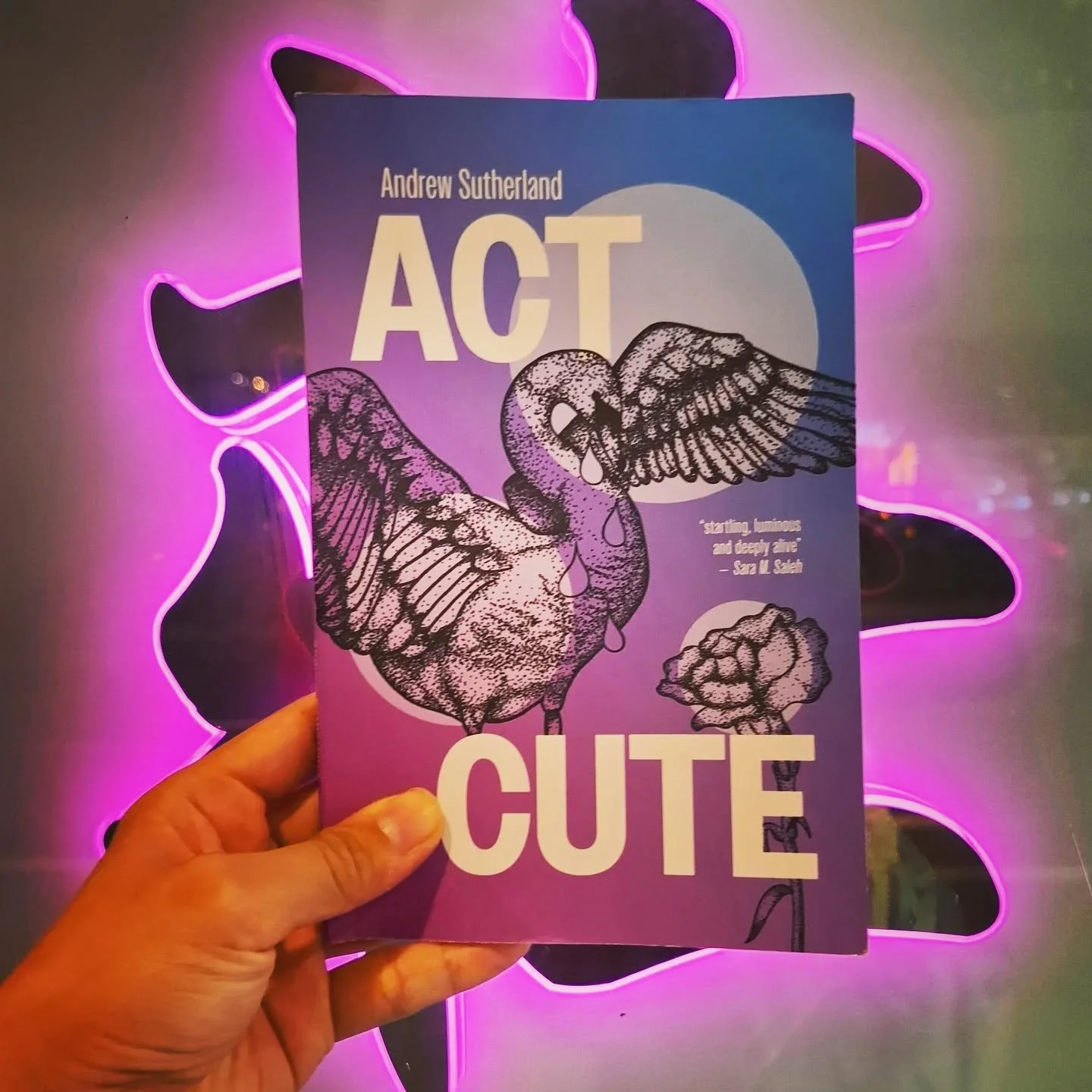
In Taiwan Travelogue, ‘twinned souls… are at once lost, but also found, in translation.’ A review by Eunice Lim.